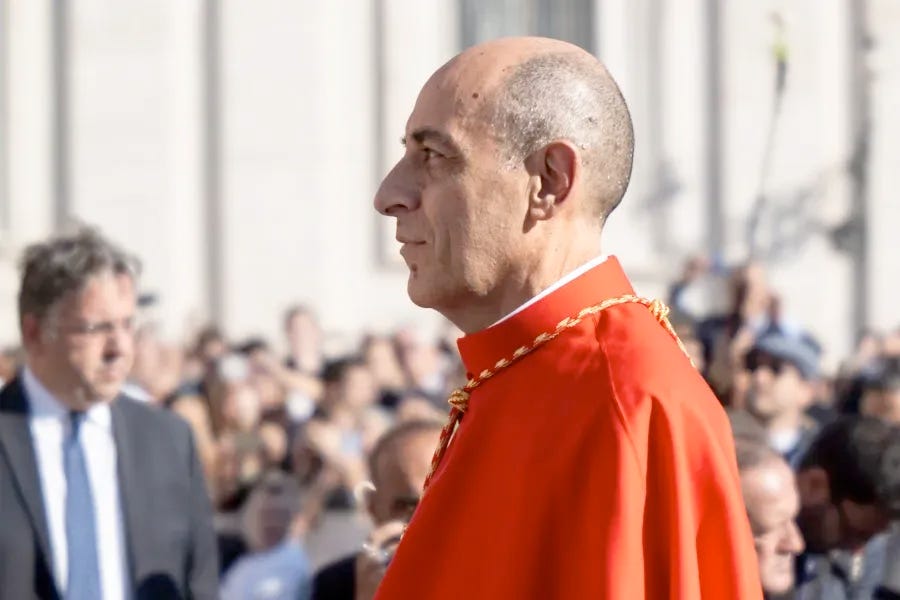‘Fiducia supplicans’: Can Fernández calm the controversy?
The DDF’s Monday press release seems to recognize that it has caused global confusion
The Dicastery for the Doctrine of the Faith issued a press release Thursday, “to help clarify the reception of Fiducia supplicans,” the recent declaration on blessings for same-sex couples and others in irregular domestic situations.

